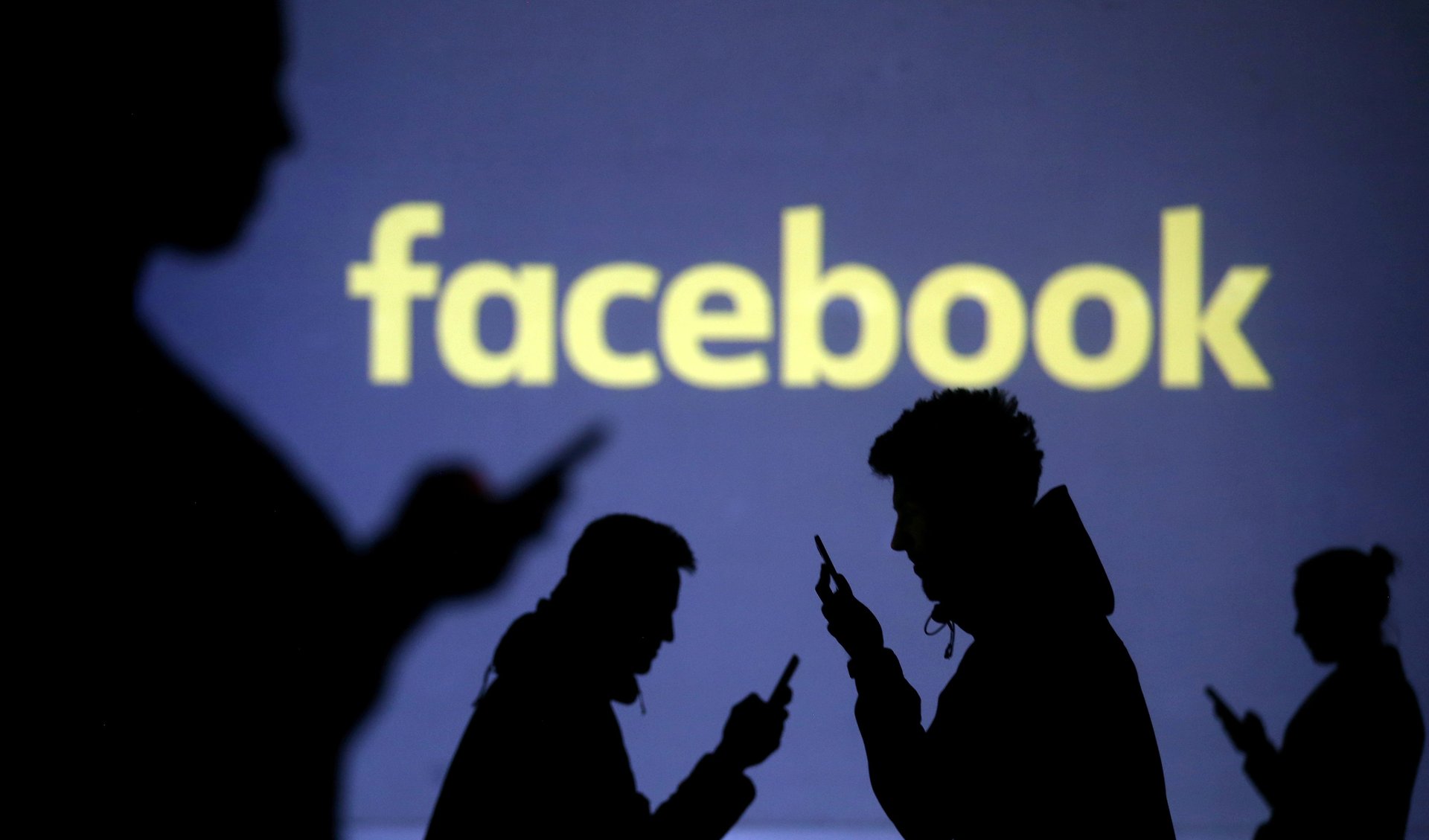Facebook wants to measure the cost of internet shutdowns on Africa’s informal economy
Government-ordered internet shutdowns are becoming longer and more frequent across Africa, undermining productivity and costing nations jobs and much-needed income.


Government-ordered internet shutdowns are becoming longer and more frequent across Africa, undermining productivity and costing nations jobs and much-needed income.
Yet despite the costly nature of these disruptions, it has been hard to accurately estimate the impact blackouts have on citizens and economies in general.
A new study, backed by Facebook, wants to go beyond measuring the impact of internet shutdowns on the formal economy and measure the impact of internet cut-offs on “shadow economies,” namely economic activities that circumvent government regulation, oversight, and taxation. Shadow, or “grey” economies, are a vital sector in Africa and the global south, given the number of people they employ and how much these businesses transact exclusively in cash.
Facebook’s support of the study comes as the tech giant faces troubling questions over how Cambridge Analytica used millions of its profiles to influence elections in Kenya and Nigeria or how its platform was used to stoke violence among Myanmar and Sri Lanka’s Muslim minorities.
With the sole exception of Ethiopia, WhatsApp and Facebook Messenger are also the two most popular apps among Africans. Increased internet speeds, smartphone uptake, cheap data costs, and digital innovation also lower the barriers to entry into unregulated economic transactions, where consumer products and services are traded on interest-based groups like WhatsApp and Facebook.
The researchers at Strathmore University’s Center for Intellectual Property and Information Technology Law (CIPIT) in Kenya used a 2013 estimate by the economist Friedrich Schneider which showed the average unrecorded economic activity in 49 African countries stood at 37.6%. As such, their study showed that informal economies account for 30% of direct costs to internet disruptions—amplifying the previous estimates of loss percentages and their direct socio-economic impact.
Facebook officials declined to comment on its stance on shutdowns but believe they are “counterproductive”. The social media giant obviously has a direct interest in assessing shutdowns because its service delivery is affected by any cut-off.
As internet blackouts increase and become more sophisticated across Africa, experts are not only looking to improve the cost methodology but also create ways of better monitoring and detecting shutdowns—whether they are intentional or accidental. The Open Observatory of Network Interference, an organization that documents internet censorship, is currently developing a new system that would better determine when a shutdown occurs or when certain social media platforms are switched off like in the recent case of Chad.
Robert Muthuri, one of the study’s co-authors at Strathmore, says there’s “more granularity needed” when assessing the impact of internet disruptions on economies, and how much other applications like Viber and Telegram are affected.